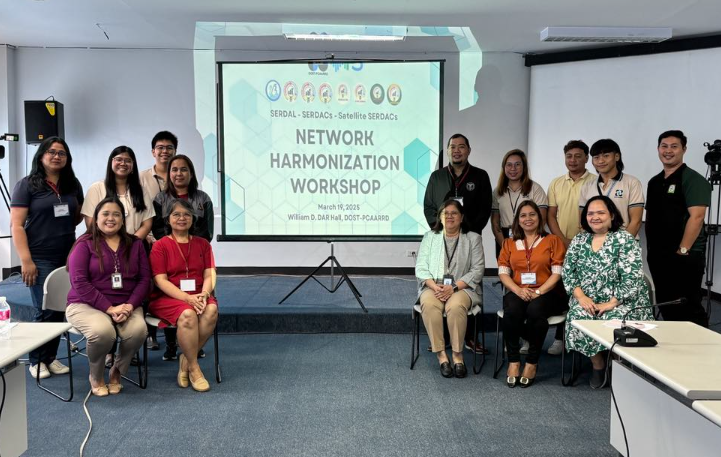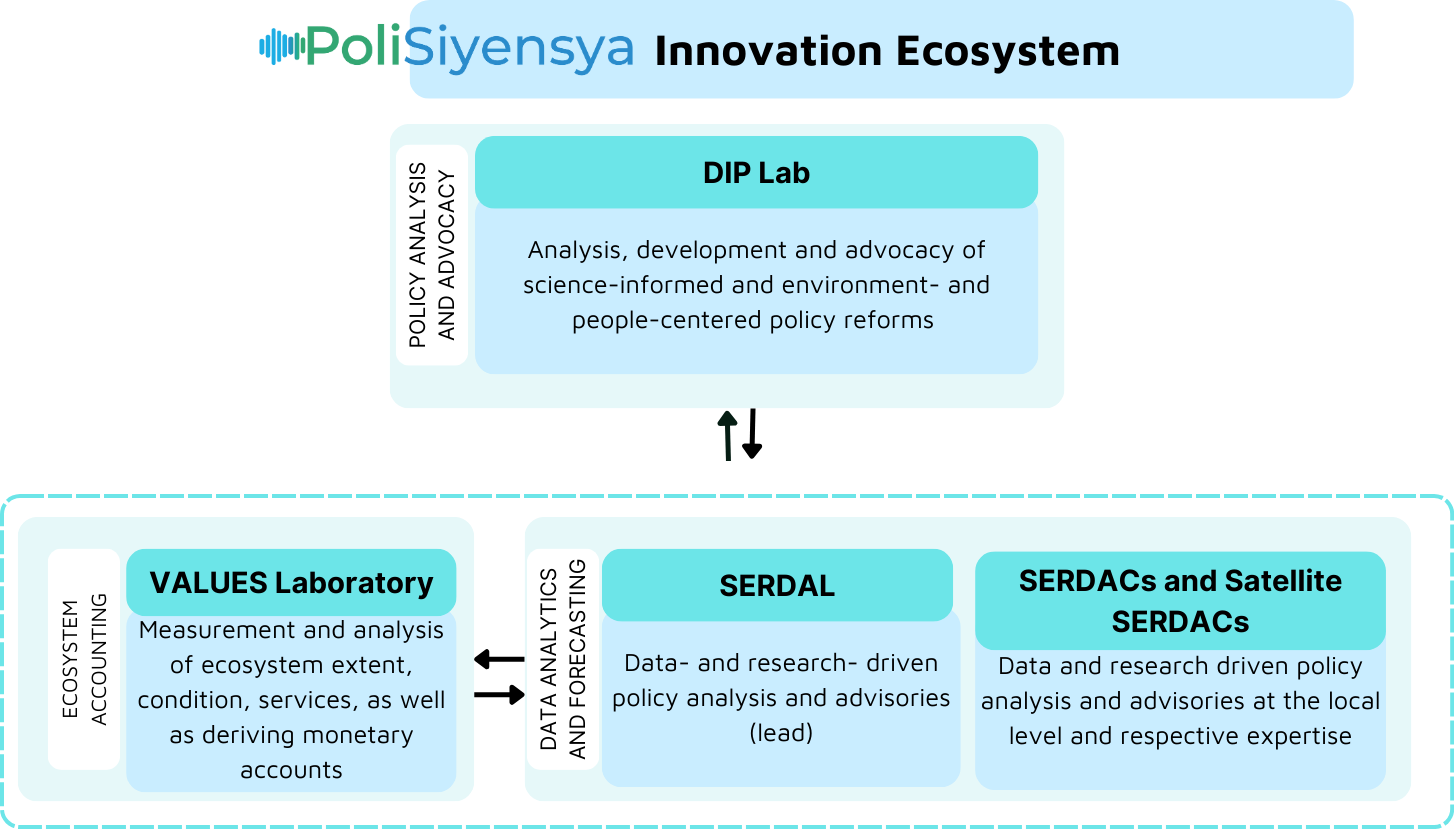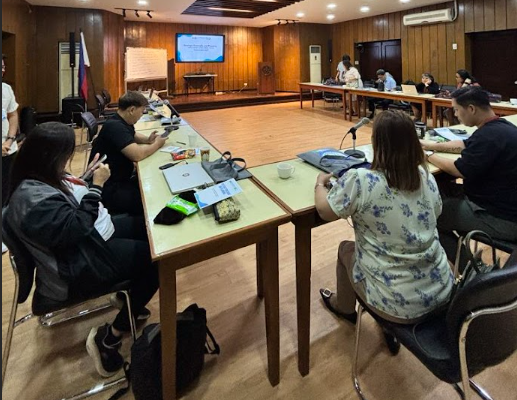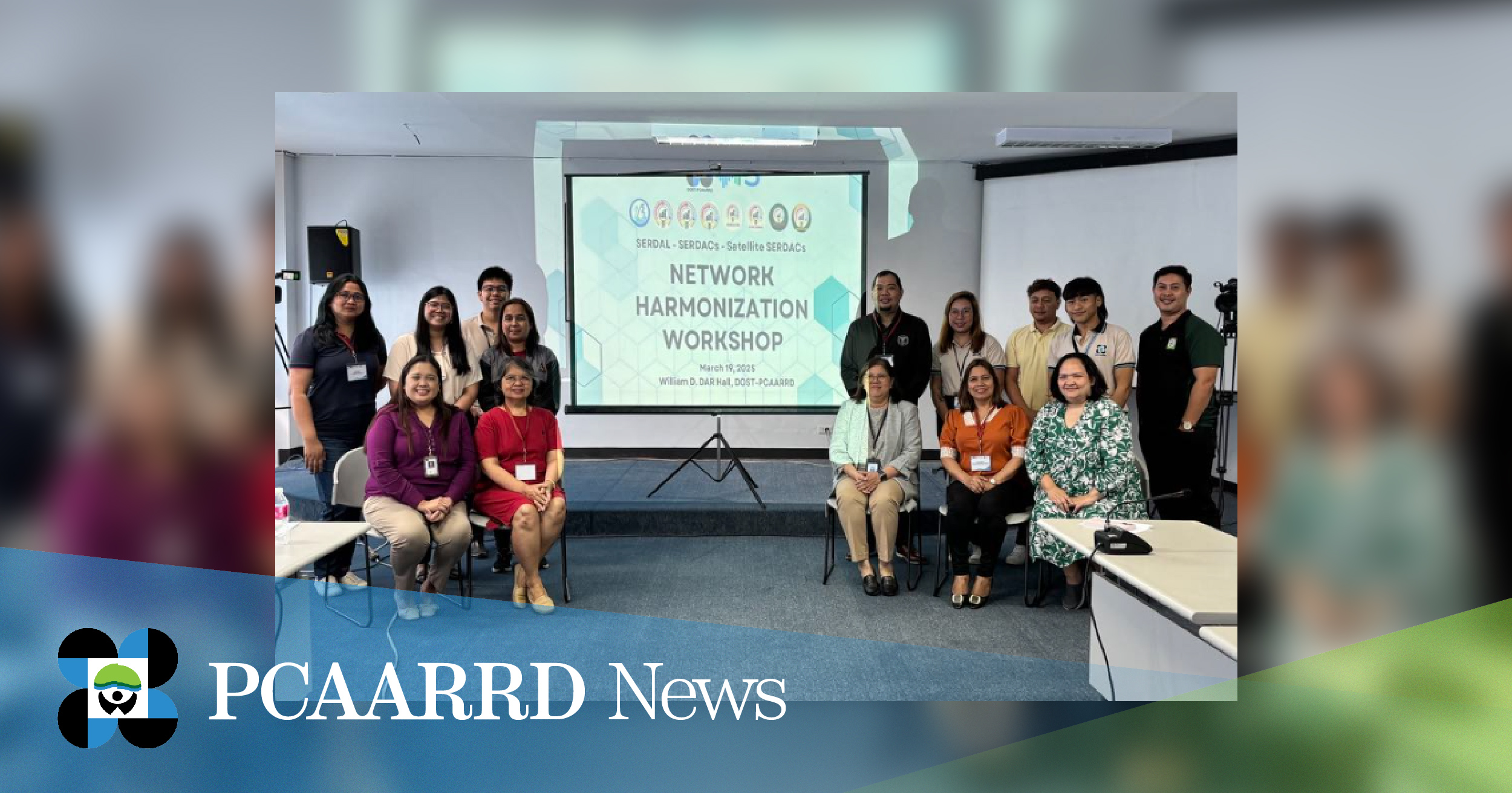
The Philippine Council for Agriculture, Aquatic and Natural Resources Research and Development of the Department of Science and Technology (DOST-PCAARRD) continues to advance socio-economic research capabilities nationwide by fostering collaboration within its expanding network of research centers. Through the Socio-Economics Research Division (SERD), the Council convened its Socio-Economic Research and Data Analytics Laboratory, Centers, and Satellite Centers (SERDAL, SERDACs, and Satellite SERDACs) network on March 17-19, 2025, in Los Baños, Laguna.
This initiative was conducted through the DOST-PCAARRD-funded project, “Socio-Economics Research and Data Analytics Laboratory: Capacity Building Support to Socio-Economics R&D Phase 2,” implemented by the University of the Philippines Los Baños. The event aimed to harmonize and strengthen the network’s functions, enhance data-driven policy advisory in agriculture, aquatic, and natural resources (AANR), and champion data-centered approaches to inform effective policies.
Growing network
DOST-PCAARRD established the PoliSiyensya innovation ecosystem to provide socio-economic-related services to researchers in the AANR sector. This ecosystem comprises: (1) the Development Innovations and Policy Lab (DIP Lab) that focuses on policy analysis and advocacy, bridging the gap between research and public policymaking; (2) Valuation and Accounting of Ecosystem Services (VALUES) Lab, which specializes in ecosystem accounting and provides insights into the economic value of natural resources; and (3) the SERDAL-SERDACs-Satellite SERDACs Network, which offers data analytics and forecasting capabilities to support data-driven policy research and decision-making.

In 2017, the Council established its first nationwide research and data analytics centers: SERDAC Luzon at the Central Luzon State University (CLSU), ViSERDAC at the Visayas State University (VSU), and SERDAC Mindanao at the University of Southeastern Philippines (USeP). The main centers provide access to socio-economic research facilities, lead in capacity building, and serve as the main repositories of socio-economic data in Luzon, Visayas, and Mindanao, respectively.
In the following year, SERDAL-UPLB was created to become the network’s lead by providing capacity development to the centers and functioning as the network’s overall data and research repository.
Recognizing the need to expand regional support, DOST-PCAARRD established four satellite centers. At present, there are four satellite centers located at the Bicol University (BU), the University of the Philippines Visayas (UPV), Western Mindanao State University (WMSU), and the University of Southern Mindanao (USM).
To date, the network has 1 laboratory, 3 main centers, and 4 satellite centers. It has trained 6,000 socio-economic researchers and students, developed over 40 training modules, and conducted over 100 training workshops. These efforts aim to build institutional research capabilities within the AANR sector, such as informing policy decisions related to agricultural productivity and resource management.

Sustainability in research and data management
Despite its successes, the network faces challenges, such as in the data repository. To address these, members have proposed strategies to consolidate existing initiatives and improve data management systems. Follow-up activities have been scheduled to ensure progress and improvements in research efficiency and policy advisory capabilities.
By strengthening its research network, DOST-PCAARRD remains committed to advancing socio-economic research, fostering data-driven decision-making, and enhancing sustainable development within the AANR sectors.

